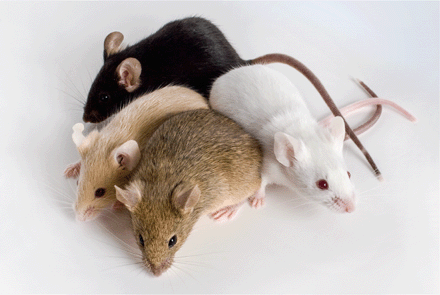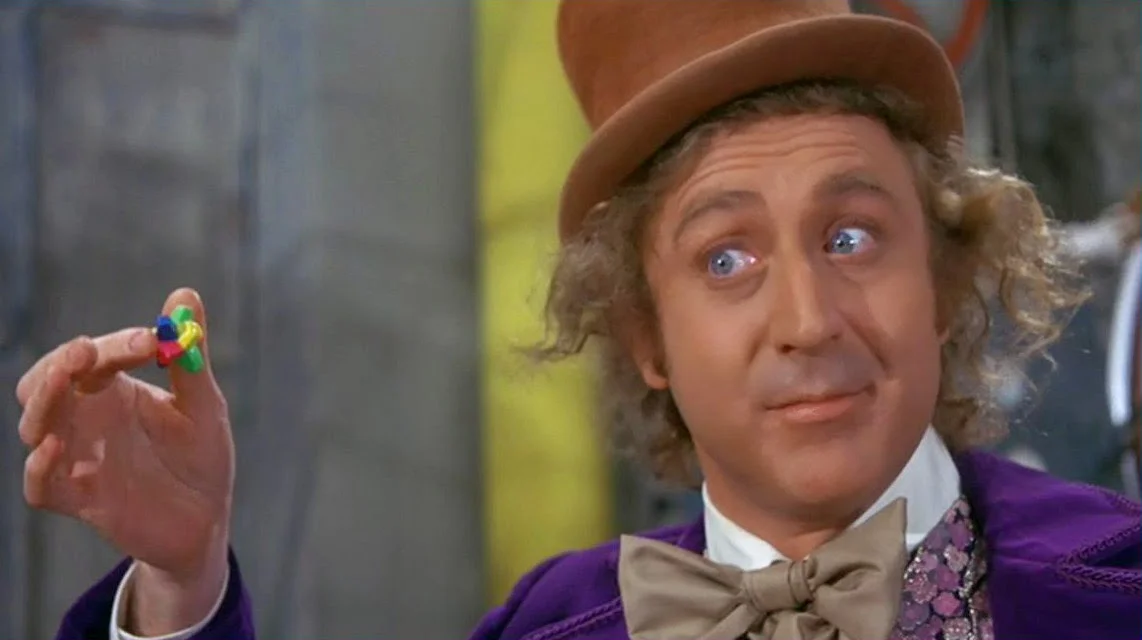We’ve domesticated animals for as long as we can remember. When you think of domestication, you probably think of companion animals like dogs and cats, work animals like horses and oxen, and meat animals like chickens and cows. Each of these species can be found in many shapes and sizes, due to millennia of selective breeding that strengthened the traits we as humans found useful or desirable.
Today's discussion, though, focuses not on companion, work or meat animals, but on the house mouse, Mus musculus, the most widely-used mammalian genetic model organism
Read More









